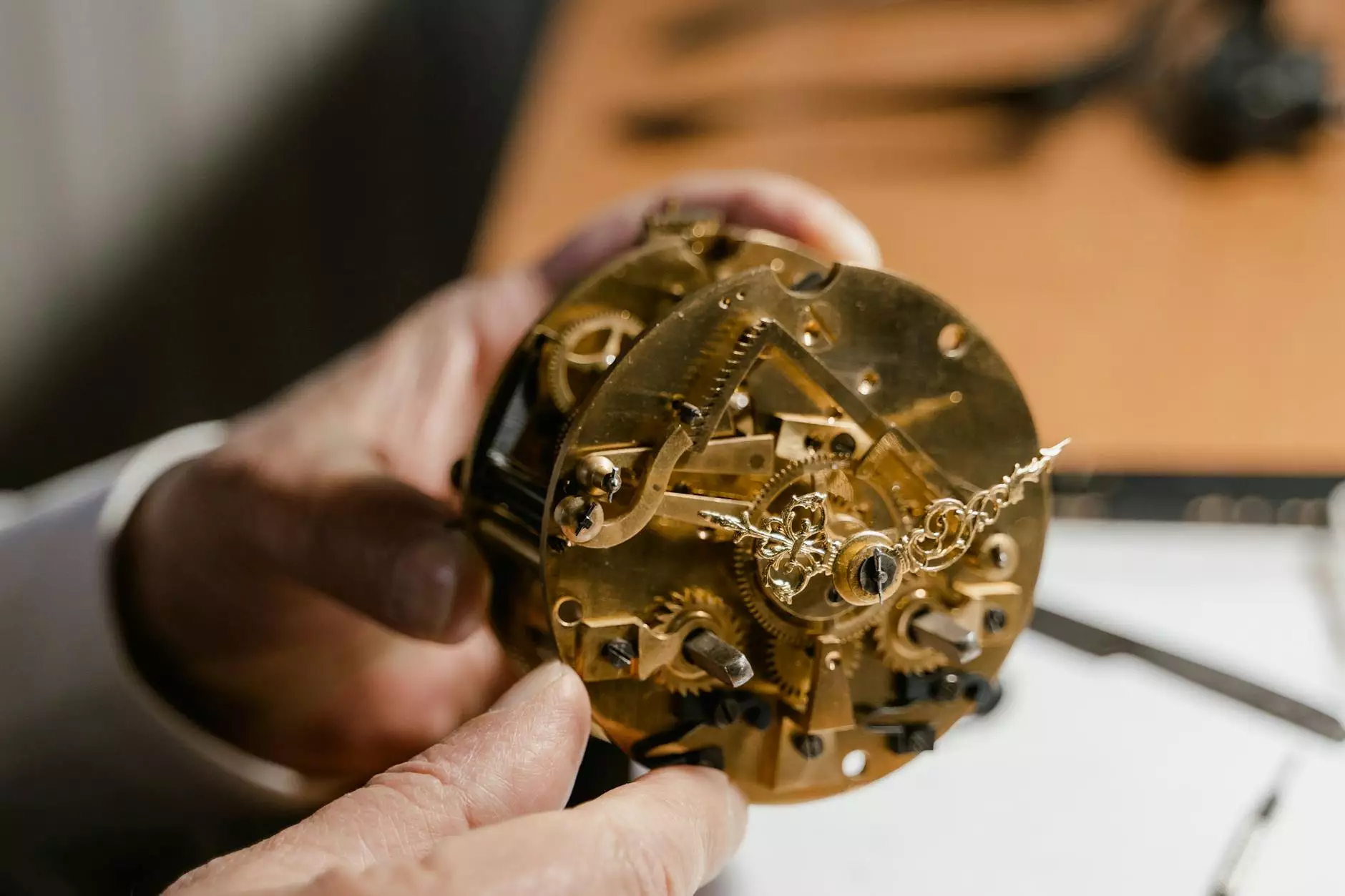The Essential Guide to Endometriosis Excision Specialists

Endometriosis is a complex and often debilitating condition affecting millions of women worldwide. Despite its prevalence, many women remain unaware of the profound impact it can have on their lives. To navigate this challenging journey, it is crucial to seek the expertise of an endometriosis excision specialist. This article delves into the significance of these specialists, the excision process itself, and how to choose the right doctor for optimal outcomes.
What is Endometriosis?
Endometriosis occurs when tissue similar to the lining of the uterus grows outside of it, commonly on the ovaries, fallopian tubes, and pelvic lining. This growth can lead to severe pain, especially during menstruation, and can also affect fertility. Understanding this condition is vital for women who suspect they may be affected.
Signs and Symptoms of Endometriosis
- Pelvic pain that typically correlates with the menstrual cycle.
- Excessive bleeding during periods (menorrhagia) or between periods.
- Pain during intercourse.
- Pain with bowel movements or urination, especially during menstrual periods.
- Infertility or difficulty conceiving.
- Other gastrointestinal issues, such as bloating or nausea.
Why Choose an Endometriosis Excision Specialist?
Not all doctors are equipped to handle the complexities of endometriosis. An endometriosis excision specialist possesses a unique set of skills and knowledge that enable them to provide precise treatment tailored to each patient's needs. Here are some key reasons to choose an excision specialist:
Comprehensive Understanding of Endometriosis
These specialists are trained in the intricacies of endometriosis. Their specialized knowledge allows them to accurately diagnose and assess the extent of the condition, which is crucial for effective treatment.
Advanced Surgical Techniques
Excision surgery is considered the gold standard for treating endometriosis. It involves the precise removal of endometrial tissue, which minimizes damage to surrounding healthy tissues. An endometriosis excision specialist is highly skilled in these intricate surgical procedures, offering patients the best chance for relief and recovery.
Personalized Treatment Plans
Each patient’s journey with endometriosis is unique. A specialist will create a personalized treatment plan that may include excision surgery, hormone therapy, and lifestyle modifications, depending on the individual's condition and needs.
The Excision Procedure Explained
Understanding the excision procedure can alleviate apprehensions and provide clarity on what to expect post-surgery. Here's a breakdown of the process:
Preoperative Consultation
Before the surgery, patients will undergo a thorough examination, including imaging tests and possibly a laparoscopy to confirm the diagnosis and determine the extent of the disease.
Anesthesia and Surgical Procedure
Excision surgery is performed under general anesthesia. The surgeon makes small incisions in the abdomen, allowing the use of laparoscopy to visualize and remove endometrial growths accurately. This minimally invasive approach often leads to improved recovery times.
Postoperative Care and Recovery
After the surgery, patients are typically monitored for a brief period before being discharged. Follow-up visits are crucial to assess recovery progress and manage any pain or complications. Most women return to normal activities within a few weeks, although complete healing may take longer.
Identifying the Right Endometriosis Excision Specialist
Finding the right specialist is paramount for effective treatment. Here are several important factors to consider:
Credentials and Experience
Ensure that the specialist is board-certified in obstetrics and gynecology, with additional training or certifications in endometriosis excision. Experience matters; look for a doctor who has a proven track record of successful surgeries.
Patient Reviews and Testimonials
Researching patient experiences provides insight into the quality of care offered by the specialist. Websites like drseckin.com may provide valuable feedback from previous patients that can aid in your decision-making process.
Hospital Affiliations
Consider where the specialist performs their surgeries. The quality of the affiliated hospital can impact the level of care you receive. Ensure that they are associated with recognized medical facilities known for their healthcare standards.
Accessibility and Support
Choose a specialist who is easily accessible for consultations and follow-ups. A supportive care team can greatly enhance the treatment experience, so inquire about the availability of nurses and additional staff who can assist you.
The Importance of Ongoing Support and Management
Management of endometriosis doesn't end with surgery. Continuous support and ongoing care play a crucial role in recovery and long-term health. This may include:
- Regular check-ups to monitor symptoms and well-being.
- Hormonal treatment options to manage remaining symptoms.
- Support groups for sharing experiences and coping strategies.
- Physical therapy and lifestyle modifications.
Conclusion: Empowering Women to Seek Help
Understanding the role of an endometriosis excision specialist is crucial for women struggling with this condition. By seeking expert guidance, women empower themselves to take proactive steps toward managing their health and reclaiming their lives. Don't hesitate to research and consult specialists like drseckin.com to explore your options. Early intervention and specialized care can significantly transform your journey with endometriosis into one of hope and recovery.









